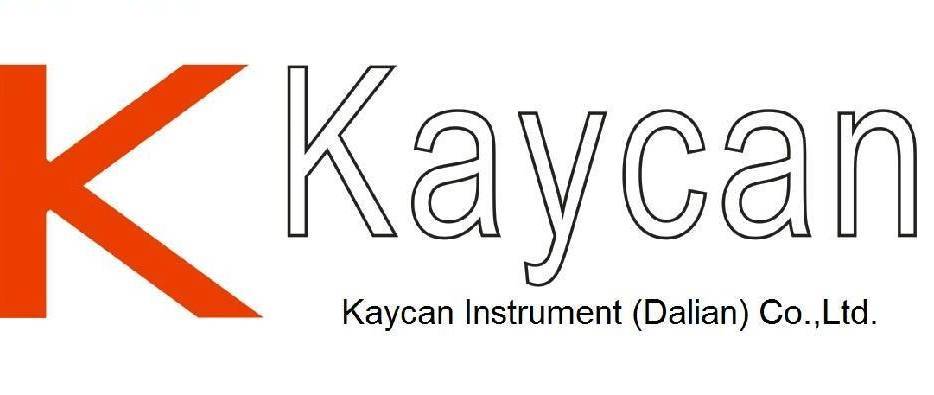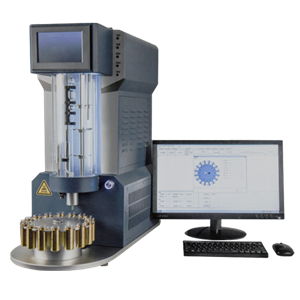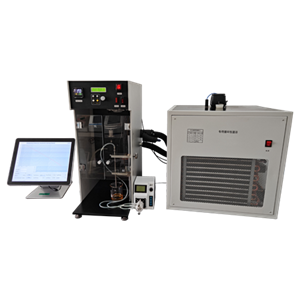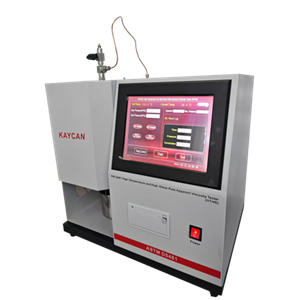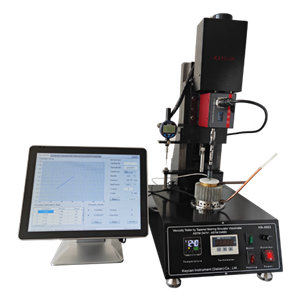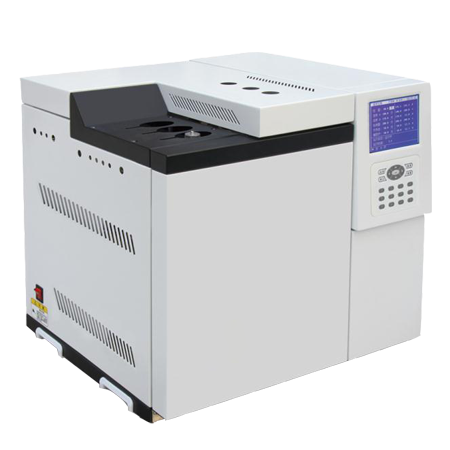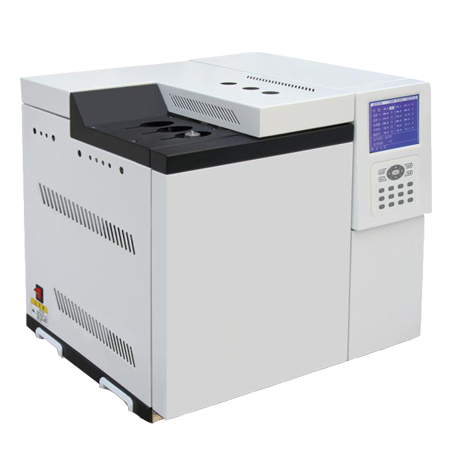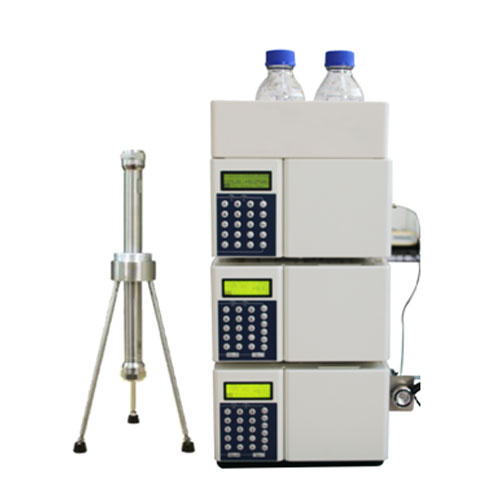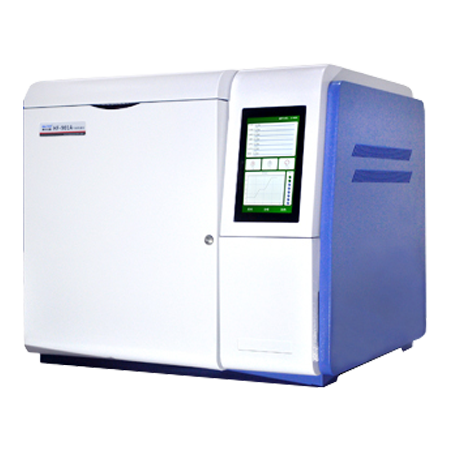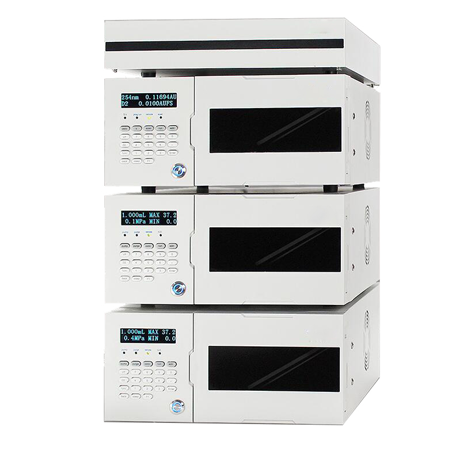
ASTM D4291 Trace Ethylene Glycol In Used Engine Oil By GC
Brand KN
Product origin Dalian,China
Delivery time deliver as soon as received payment
Supply capacity 30 sets one month
Leakage of aqueous engine coolant into the crank case weakens the ability of the oil to lubricate. If ethylene glycol is present, it promotes varnish and deposit formation. This test method is designed for early detection to prevent coolant from accumulating and seriously damaging the engine
KN-4291 GC for Trace Ethylene Glycol in Used Engine Oil
Overview
The sample of oil is extracted with water and the analysis is performed on the water extract. A reproducible volume of the extract is injected into a gas chromatograph using on-column injection and the eluting compounds are detected by a flame ionization detector. The ethylene glycol peak area is determined and compared with areas obtained from the injection of freshly prepared known standards.
Introduction:
KN-4291 GC conforms to ASTM D4291 Standard Test Method for Trace Ethylene Glycol in Used Engine Oil. It is used for the measurement of ethylene glycol as a contaminant in used engine oil. The ethylene glycol is supposed to be in the range from 5 to 200 mass ppm.
Standard Calibration:
Prepare glycol standards over the quantification range of 0.01% to 0.2% w/w in motor oil
Temperature information:
Temperature range: Ambient+5℃~ 400℃, Increment: 0.1℃
Accuracy: ≤±0.1℃
Programmed heating: Constant temperature time between five steps 0~999min, increment: 0.1min, temperature increment: 0.1℃
Heating rate: max. 40℃/min below 200℃
max. 20℃/min above 200℃
Specification
Dimension: 555mm*525mm*485mm
Input power: AC220V±7%, 50Hz, 2Kw
Net weight: About 52kg
Chromatogram
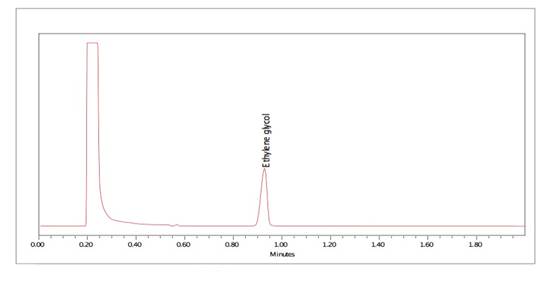
Chromatogram shows elution of ethylene glycol
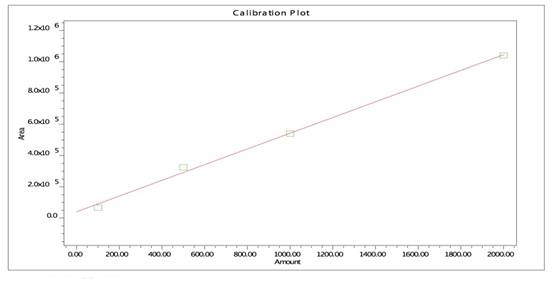
Calibration curve of ethylene glycol
